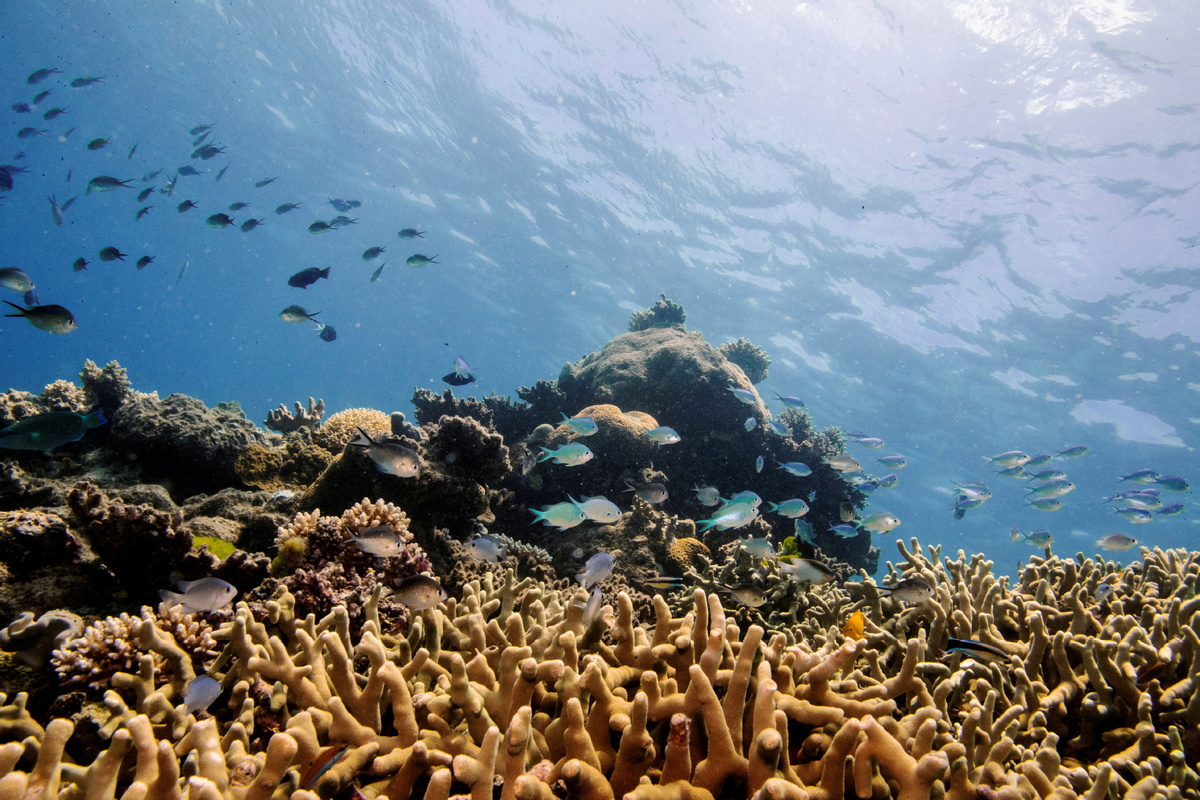Great Barrier Reef living on borrowed time
By KARL WILSON in Sydney | China Daily Global | Updated: 2023-02-22 07:12

Although no date has been set for the next meeting of the World Heritage Committee, which convenes once a year, it is a foregone conclusion the reef will be added to the list.
Such a move will spark a fierce political backlash, especially from Queensland. At federal level, the response might be more cautious following the general election in May, which saw the conservative government led by Scott Morrison replaced by a Labor administration more in tune with environmental issues.
Labor's Environment Minister, Tanya Plibersek, said on Nov 28 that the Great Barrier Reef is "one of the best-managed reefs in the world" and it "doesn't require an in-danger rating by UNESCO ... to make us take it seriously".
She said the new government headed by Prime Minister Anthony Albanese has increased Australia's emissions reduction target and boosted funding for reef protection.
But no matter what the politicians say, they cannot escape the fact that climate change is having an impact on the future of coral reef systems, not only in Australia but around the world.
While such reefs cover less than 3 percent of the world's oceans, they contain 25 percent of all marine life. Next to tropical rainforests, they are the most biodiverse ecosystems on Earth.
Scientists say that without reefs, the 1 billion-plus people globally who rely on coral reefs for food, fisheries and livelihoods would be left devastated.
That climate change is warming the world's oceans is now beyond dispute — and the impact is being felt from the Arctic to the tropics.
One result of warming oceans, as far as coral is concerned, is bleaching, where the microscopic organisms that give coral its color and vibrancy simply die.
In recent years, coral bleaching has devastated large sections of the Great Barrier Reef.
In March, a report in the Smithsonian magazine said abnormally warm waters are stressing the reef, causing large parts of the usually colorful landmark to turn ghostly white.
"Aerial surveys detected catastrophic coral bleaching on around 60 percent of the reef's corals," the report said.
























